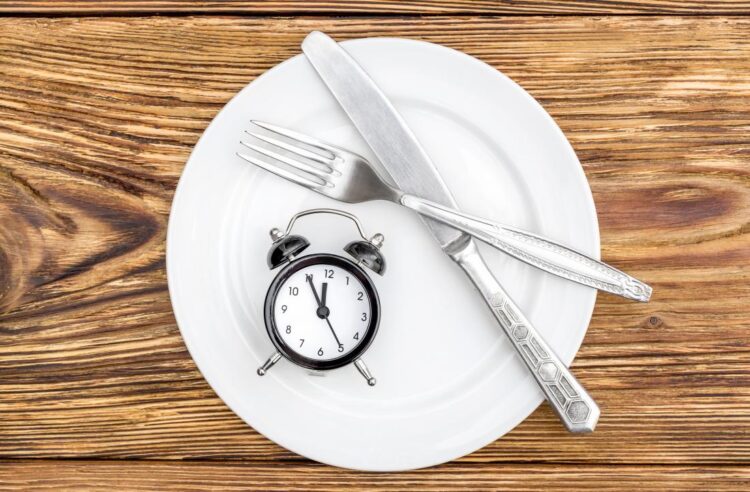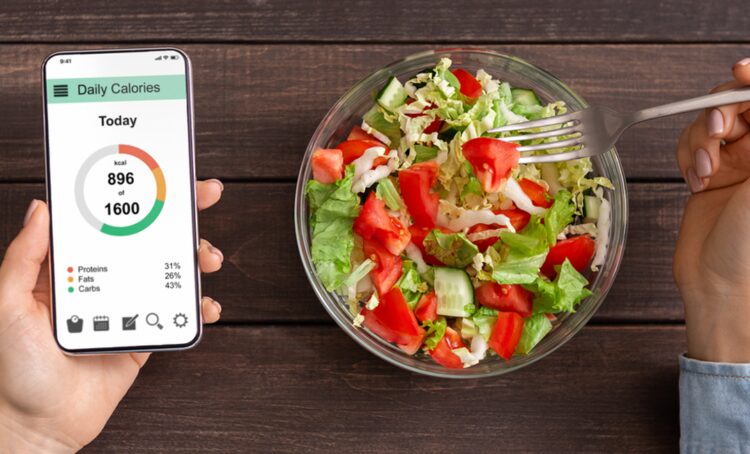
There are many different ways to lose weight. Some people decide to go with an extensive exercise plan, while others might opt to use diet pills. Plus, speaking of diets, there’s an endless list of guides to control eating habits in a battle to trim your waistline.
One of the most proven and effective is intermittent fasting, according to lifeapps.io. This fasting method is an eating pattern where you sharply restrict your food intake to certain periods of the day. When fasting, you’re only allowed to consume liquids such as water, tea, and coffee. Many famous stars have endorsed fasting as a productive diet approach, including Hugh Jackman, Halle Berry, and Terry Crews.
Fasting isn’t just about dropping the pounds, either. It has a range of other health benefits, with it said to help lower the risk of disease and improve longevity. As a result, it’s a great way to live a longer, healthier life.
At least, that’s the case if it is done right. Due to the challenge presented, it is easy to lose motivation if fasting doesn’t provide instant results. Additionally, it can even be dangerous if done incorrectly.
To help on your fasting journey, here are eight practical tips that work.
1. Decide on your fasting method

There are various different fasting methods you can decide to follow. Some of the most popular options include:
- 16:8 pattern: Recently, 16:8 is arguably the most prevalent approach to fasting. This is where you fast for 16 hours each day of the week, and you then have an eight-hour window to consume food.
- “Eat Stop Eat”: This involves a full 24-hour fasting period where no food is consumed. This is usually done one or two days a week.
- 6:1 pattern: A 6:1 pattern is where you reduce your calorie intake for just one day a week. Typically, the calorie limit on this day is 500 for women, 600 for men.
- 5:2 pattern: The 5:2 pattern is similar to the aforementioned 6:1 pattern, with the main difference being the reduced calorie intake taking place across two days each week.
Other fasting regimens take place over longer distances, such as 48 and even 72 hours. However, it is advised to stick with shorter fasting periods that last a maximum of 24 hours, as this helps lower the risk of health issues like dehydration, mood changes, and a lack of energy.
2. Start slow

Once you’ve settled on a fasting method, it’s all too easy to jump straight in with your new diet plan. However, it is advised you ease into your new eating routine.
If you do go into it head-on, this can cause increased discomfort and hunger – and it might discourage you from continuing on with your new eating routine. If you do ease in by fasting for, say, two or three days during the first couple of weeks, this gradual increase will make the entire life change much more manageable.
3. Always have a bottle of water around

Staying hydrated is essential for anyone who is trying to fast. Even mild dehydration can cause fatigue, dry mouth, headaches, and more. When you consider that food is responsible for about 20-30% of the fluid in your body, you need to replace what is missing by upping your water intake.
Consuming plenty of water can also help you cope with the reduction in food. When you are hungry, for example, simply having a drink of water can suppress this feeling.
4. Remain active

Staying active can be tricky when you restrict your calorie intake by a significant degree. With that said, it’s recommended to do any serious workouts in the morning when you’re likely to have the most energy. If you want to reduce the possibility of injury, which can happen if you’re not fueling your muscles adequately, consider going for low-impact workouts.
Staying active – whether it’s going for a walk or partaking in a favorite hobby – is also advised in a sense it can take your mind off the whole fasting process. The less you think about food and being hungry, the less it’s an issue.
5. Avoid having a feast

You’ve been fasting for a week, and everything is going well. You feel healthy and have dropped a couple of jean sizes. So it’s time for a treat day where you enjoy a giant feast.
In actuality, you should avoid any type of feast. It’s okay to have a treat every now and again, of course, but you don’t want to overindulge. Not only can a huge meal cause you to feel tired and bloated, but it can also impact your weight loss goals due to it causing an imbalance to your planned calorie deficit.
6. Keep track of your journey

Even if you’re not eating as much as normal, it’s still vital you keep track of your journey. Monitoring the number of calories you consume is necessary if you’re sticking to a strict diet as part of your fasting. You should also take the time to monitor other aspects such as your workout routines, emotions, symptoms, etc.
7. Eat enough protein

Reduced calorie intake doesn’t mean you should avoid essential nutrients. You need to maintain a balanced eating plan, one that incorporates plenty of carbs, healthy fats, fiber, and protein.
Protein is particularly important when fasting. Not only can it assist with reducing your appetite, but a hearty amount of protein also minimizes muscle loss. These two points are among the biggest challenges of fasting, which highlights the need for protein.
8. Listen to your body

If you suffer from the likes of constant fatigue, headaches, dizziness, difficulty concentrating, or anxiety due to your fasting, consider taking a break from your diet. Just remember your body has to take time in getting used to fasting. Yet if you’re dealing with symptoms like those mentioned after a week or two, don’t try and stick it out. There are other diet plans available that may be a better fit for your health.











